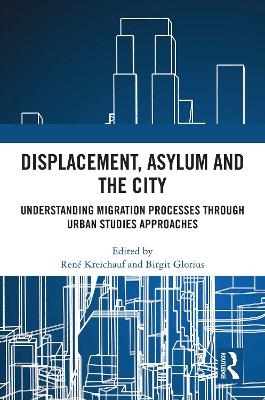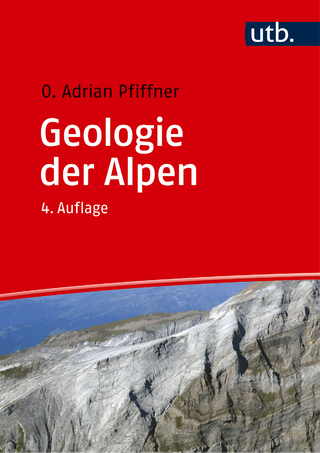
Displacement, Asylum and the City
Routledge (Verlag)
978-1-032-46354-4 (ISBN)
This edited volume draws attention to the interlinked yet understudied relationship between the role of cities in dealing with international displacement and forced migration and the influence of forced migration in stimulating spatial, societal, and institutional transformations in and of cities.
In 2022, almost 84 million people worldwide were forcibly displaced. More than two-thirds of them reside in urban areas. Displacement and forced migration are an urban experience and an urban story of those seeking protection. This book helps us understanding the conditions of displaced population in cities, and the way cities and urban actors respond to recent migration trends. It applies an urban perspective to the analysis of migration processes, and it provides insights into the urban governance of forced migration and asylum, the production of spaces related to forced migration, and the role of the displaced population as actors of urban change. Thereby, it covers a broad spectrum of topics including migrant dispersal, welfare and social protection, urban humanitarian policymaking and governance, neighbourhood development, migrant solidarity and refugee protest, and new refugee and migrant destinations. Given the increasing mobility and displacement of human populations, this book provides a relevant prerequisite for readers interested in current urban, (forced) migration and asylum trends, and on the intersections of those topics.
The book will be of great value to researchers and academics of Geography, Migration and Urban Studies. The chapters in this book were originally published as a special issue of Urban Geography.
René Kreichauf is Postdoc Researcher at Cosmopolis-Centre for Urban Research, Vrije Universiteit Brussel, Belgium. He did his PhD at Cosmopolis and in association with the Graduate School of North American Studies, Freie Universität Berlin, Germany. His research focuses on international and urban displacement, migrant detention and refugee camps, state violence, racial capitalism, urban transformation, and marginalization processes. Birgit Glorius is Professor of Human Geography with focus on European Migration Research at Chemnitz University of Technology, Germany. In her research, she focuses on recent migration phenomena in Europe, notably forced migration, and their effects on social cohesion and society formation.
Introduction— Displacement, asylum and the city: understanding migration processes through urban studies approaches 1. Refugee urbanism: seeing asylum “like a city” 2. Towards a parallel exceptional welfare system: the scaling down and out of forced migrants’ reception in Italy 3. Making urban humanitarian policy: the “neighbourhood approach” in Lebanon 4. Refugees and the transforming landscapes of small cities in the US 5. Negotiating urban solidarities: multiple agencies and contested meanings in the making of solidarity cities
| Erscheinungsdatum | 14.09.2024 |
|---|---|
| Verlagsort | London |
| Sprache | englisch |
| Maße | 174 x 246 mm |
| Gewicht | 267 g |
| Themenwelt | Naturwissenschaften ► Geowissenschaften ► Geografie / Kartografie |
| Sozialwissenschaften ► Politik / Verwaltung | |
| Sozialwissenschaften ► Soziologie | |
| ISBN-10 | 1-032-46354-6 / 1032463546 |
| ISBN-13 | 978-1-032-46354-4 / 9781032463544 |
| Zustand | Neuware |
| Informationen gemäß Produktsicherheitsverordnung (GPSR) | |
| Haben Sie eine Frage zum Produkt? |
aus dem Bereich


